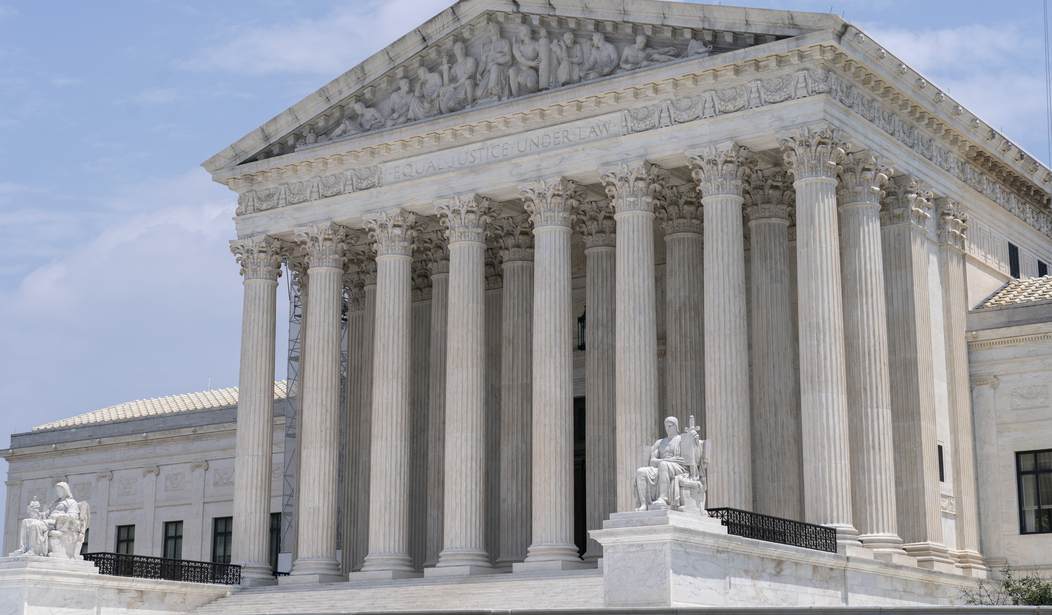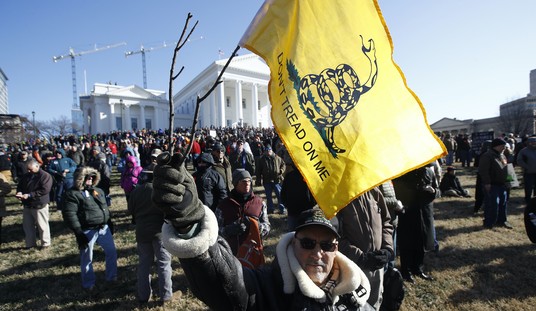The head of Duke University's Center for Firearms Law says the Supreme Court need not address the constitutionality of the federal statute prohibiting "unlawful" drug users and addicts from possessing firearms when it decides the Hemani case next year.
Instead, Andrew Willinger argues that the Court could side with Ali Danial Hemani (or rule against him) on statutory grounds; specifically, that the undefined phrase "unlawful user" is too vague to withstand legal scrutiny. In taking that approach, though, the Supreme Court would automatically assume that the provision in the Gun Control Act is constitutionally sound, which seems to be Willinger's real goal.
First, courts presume that duly enacted legislation is constitutional absent clear evidence to the contrary. Or, as Justice Story explained in 1830, “[n]o court ought, unless the terms of an act of Congress render it unavoidable, to give a construction to the act which should, however unintentional, involve a violation of the Constitution.” Here, the presumption of constitutionality requires that a court read the GCA in harmony with constitutional limitations imposed by the Second Amendment, if at all possible.
It's worth noting that Hemani's attorneys haven't raised a statutory argument based on vagueness, nor did the Supreme Court say anything about statutory arguments when it granted cert. Instead, the plantiffs asked, and the Court agreed to consider "whether 18 U.S.C. 922(g)(3), the federal statute that prohibits the possession of firearms by a person who 'is an unlawful user of or addicted to any controlled substance,' violates the Second Amendment as applied to respondent."
Hemani is an as-applied challenge, which means his attorneys aren't saying that 922(g)(3) is unconsitutional under all circumstances, just as it applies to their client. From my non-lawyerly perspective, it seems to be that a vagueness argument would be better suited to a facial challenge; if the law should be thrown out because the phrase "unlawful user" is too vague to be useful, that wouldn't just apply to the defendant here.
Willinger argues that "under the doctrine of constitutional avoidance, courts eschew constitutional grounds of decision if a narrower, statutory basis is available."
This doctrine is also called the “constitutional doubt” canon, as judges avoid an interpretation that would create doubt about a statute’s constitutionality. The canon has admittedly been employed selectively by the current Supreme Court, leading prominent scholars to criticize it and argue that “[t]he avoidance canon is just another doctrinal tool in the Court’s arsenal to move constitutional law and policy in the Court’s direction and at the Court’s chosen speed.”
In Hemani and similar Second Amendment challenges, however, these related doctrines should have real force. If applied, the Court would presume the enacting Congress legislated within the confines of the Constitution and abstain from deciding the case as a constitutional challenge if it is possible to decide it on narrower, statutory grounds. The Court should be especially wary, moreover, of invalidating a statute on constitutional grounds in such a scenario—as Hemani asks the justices to do.
Let's say a majority of justices decide that 922(g)(3) is unconstitutional as it applies to Mr. Hemani. Would that "create doubt a bout a statute's constitutionality"? I'd argue it would actually clarify that the law is unconstitutional in some circumstances, and the Court's opinion could make it clear how to apply the statute in a manner consistent with the national tradition of firearms ownership and the text of the Second Amendment. Following the Court's opinion in Rahimi, where the justices said an individual can be temporarily deprived of their Second Amendment rights based on a judicial finding of dangerousness, SCOTUS could say that 922(g)(3) is only constitutional when a similar finding of dangerousness has been reached by a judge.
That's basicallyt the position that's been adopted by the Eighth Circuit Court of Appeals, and it's worth noting that SCOTUS denied outright two DOJ cert petitions appealing Eighth Circuit decisions in 922(g)(3) cases, even while it granted cert in Hemani. The Court could have held on to those cases and remanded them back to the lower courts for a do-over after the Hemani opinion is released, but instead they allowed the Eighth Circuit decisions to stand.
Willinger, though, says "given the lack of detail in the statute about what Congress intended by the words 'unlawful user', the Court could certainly decide the case on statutory grounds," adding that as a matter of constitutional avoidance it "should do so rather than reach the Second Amendment issue."
Perhaps, as Hemani urges, proof of simultaneous drug use and gun possession is required. If so, the Court could reach that outcome by holding that “unlawful user” refers to active use at the time of gun possession. Similarly, the Court could reject Hemani’s arguments by clarifying that the statute requires only evidence of regular use around the time of gun possession. But these are both statutory holdings that avoid the lurking constitutional questions and (correctly) assume that Congress in 1968 did not enact a statute exceeding the bounds of the Second Amendment.
That "(correctly)" kinda gives the game away. Willinger isn't a neutral observer of the ongoing legal fights over our right to keep and bear arms. He has plenty of opinions, and from what I've seen he generally falls on the side of upholding whatever gun control law is being challenged; in this case, a portion of the Gun Control Act of 1968.
If the Supreme Court rules in favor of Mr. Hemani on the grounds that 922(g)(3)'s reference to "unlawful users" is too vague, then Congress could theoretically remedy that by adopting clarifying language. If the Court rules that the statute is unconstitutional (at least in some circumstances), then a legislative fix is off the table. That, in turn, will be a substantial victory for those of us fighting for the courts, legislatures, and executive branches to treat the Second Amendment as a first-class right.









